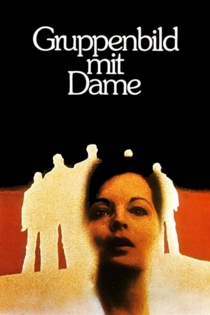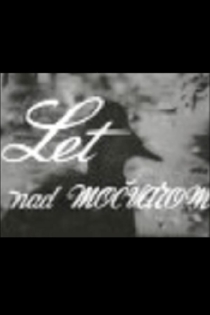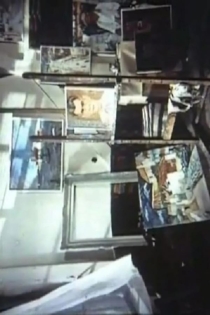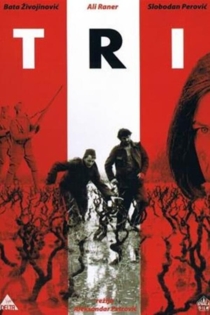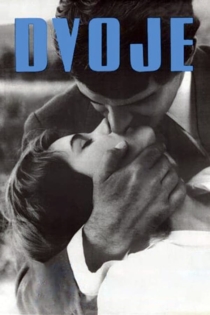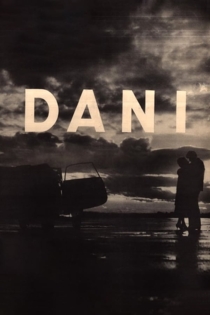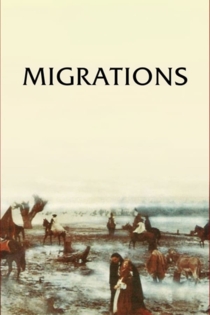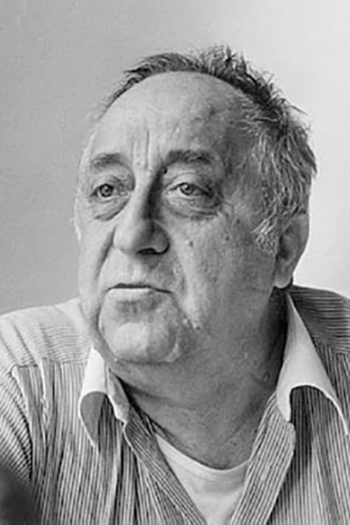
Aleksandar Petrović
1929 - 1994Zabranjeni bez zabrane
Milan Nikodijević, Dinko Tucaković
Dušan Makavejev, Lazar Stojanović
Through the conversation with Yugoslav film authors and excerpts from their films, this documentary film tells a story of a film phenomenon and censorship, and its focus is, in fact, a painful epoch of Yugoslav film called “a Black Wave”, which was the most important and artistically strongest period of Yugoslav film industry, created in the sixties and buried in the early seventies by means of ideological and political decisions. The film tells a great “thriller” story of the ideological madness which characterised the totalitarian psychology having left multiple consequences felt up to our very days. It stresses similarities between totalitarian regimes defending their taboos on the example of the persecution of the most important Yugoslav film authors. Those film authors have, however, made world careers and inspired many later authors. The film is the beginning of a debt pay-off to the most significant Yugoslav film authors.
Censored without Censorship
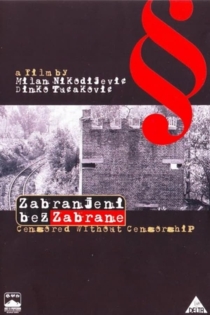
I Even Met Happy Gypsies
Aleksandar Petrović
Bekim Fehmiu, Olivera Katarina
The protagonist, Bora, is a charming but mean-spirited gypsy, while his older wife, Lence, is submissive. Bora is in love with the younger Tisa, who is being offered in marriage by her father. The two get themselves in trouble and eventually have to flee. Tisa rejects her husband and she and Bora get married in the church, and their adventures continue.
I Even Met Happy Gypsies
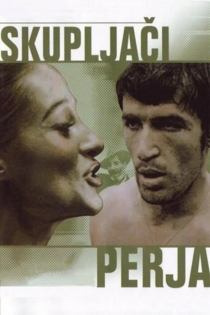
It Rains in My Village
Aleksandar Petrović
Annie Girardot, Ivan Palúch
A bizarre and tragic love story involving swineherd, village fool, teacher and an agricultural pilot. The story unfolds in a remote village in the communist ruled Yugoslavia at the down of Soviet occupation of Czechoslovakia in 1968.
It Rains in My Village
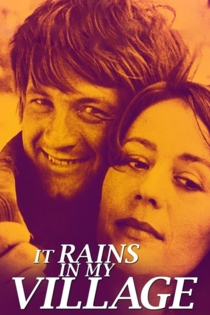
Seobe II
Aleksandar Petrović
Dragan Nikolić, Vladislava Milosavljević
Screening of the synonymous Milos Crnjanski's poetic novel about the tragedy of Serbian people who scattered their energy and bones from Dnepr to Lotaringia during XVII and XIX century. The great Serbian migration topic is given through the military campaign of major Vuk Isakovic (Avtandil Makharadze) at the head of Slavonian-Danube regiment, from spring of 1744. to spring of the next year. The second topic follows tragic but passionate relationship between Vuk's younger brother and his wife, which ends with her long-lasting disease and death.
Migrations II
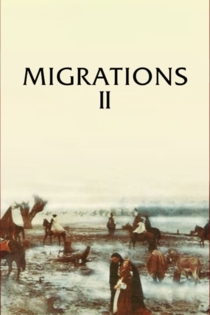
Zapisnik
Aleksandar Petrović
Another early Aleksandar Petrovic documentary, done for Dunav film in 1964. It is made as a kind of a road movie through socialist Yugoslavia, registering numerous bizarre sites and events, with strong irony both in the selection of scenes and in the background commentaries. Originally filmed in 16mm.
Minutes
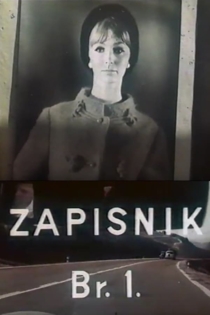
Il maestro e Margherita
Aleksandar Petrović
Ugo Tognazzi, Mimsy Farmer
Maestro Nikolai Masoudov, a talented writer, and his assistant Margaret, are working on a biblical story of Pontius Pilate. The Satan — Woland, and his lieutenants, are harassing Master by surveillance, by killing his friend, and sending another friend to Gulag prison in Siberia. Victimized by their harassment, Master becomes paranoid, and is locked up in a mental institution. Margaret is trying to save him regardless of the danger.
The Master and Margarita
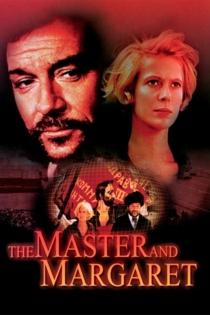
Jedini izlaz
Vicko Raspor, Aleksandar Petrović
Милосав ''Мија'' Алексић, Zlatko Madunić
A group of partisans goes to destroy a German gas warehouse at Postojnska Jama. One of them grows distrustful towards the new commander, and it spreads among the rest of the squad. The situation culminates when the mentioned partisan remains cut off inside a cave.
The Only Way Out
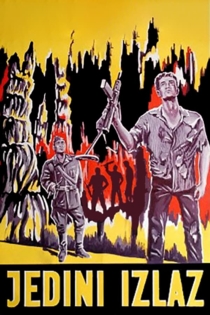
Gruppenbild mit Dame
Aleksandar Petrović
Romy Schneider, Брэдфорд Дуриф
The story follows the life of a regular German women Leni Gruyten during the 1930s and 1940s. Through her interactions with friends, family and other people she knows, the regular folks' perception of the Nazi era is shown.
Group Portrait with a Lady
